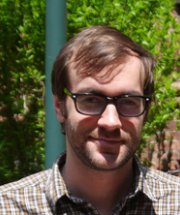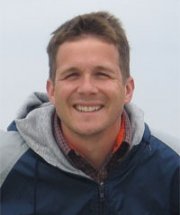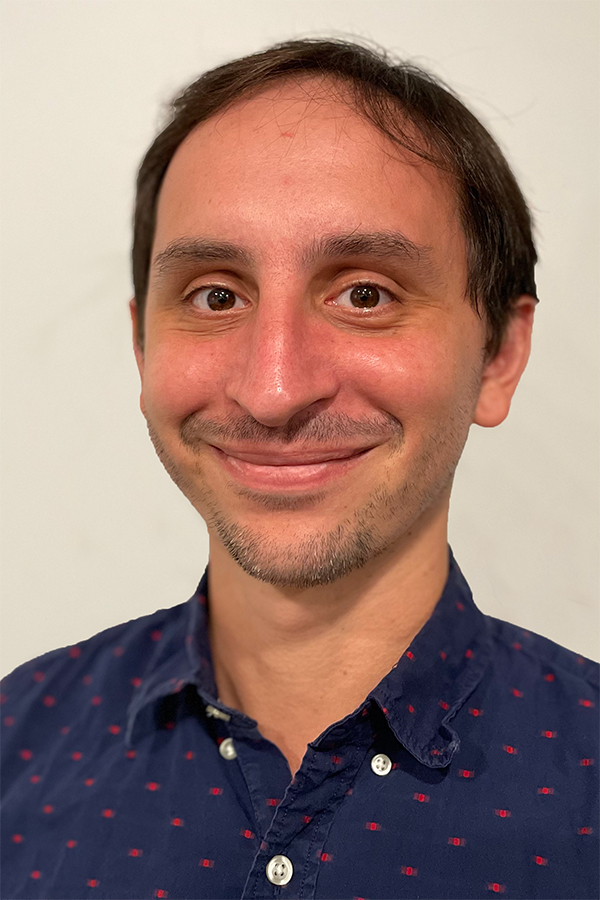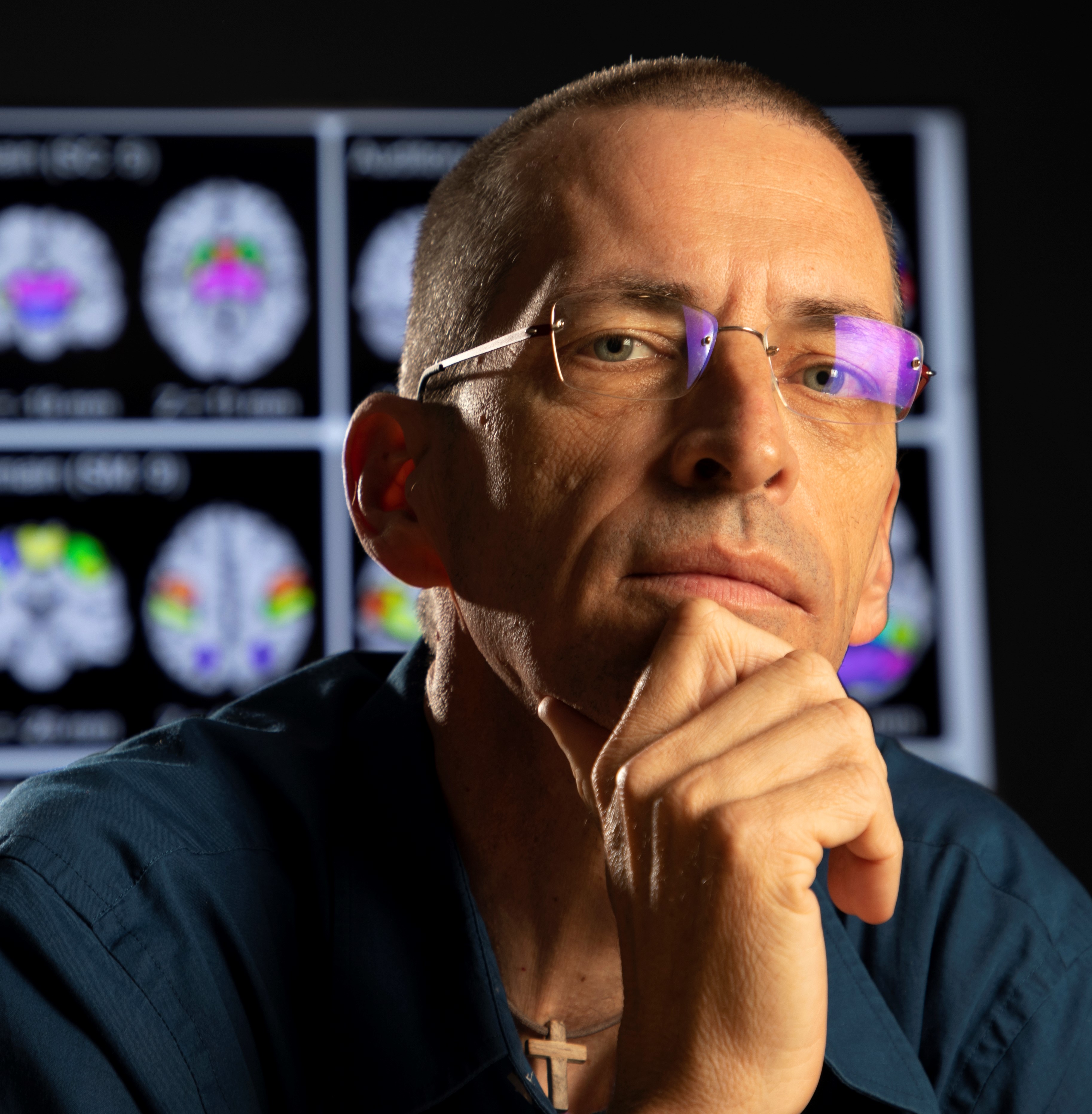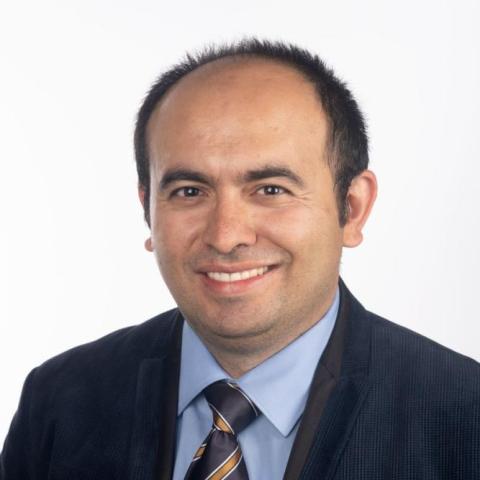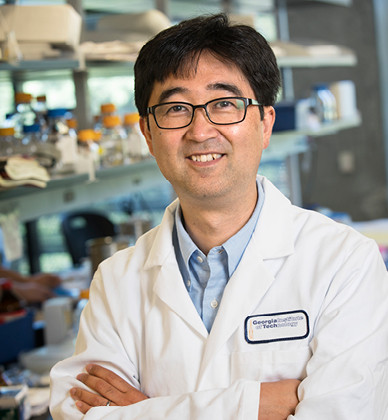Education
Masters of Science, Computer Science, Georgia Institute of Technology, 2022
Bachelors of Science, Mechanical Engineering, Georgia Institute of Technology, 2020
Research Expertise
Robot Planning and Control, Embodied Artificial Intelligence, Laboratory Automation, Software Engineering
Selected Publications
Bowles-Welch, A., Byrnes, W., Kanwar, B., Wang, B., Joffe, B., Casteleiro Costa, P., Armenta, M., Xu, J., Damen, N., Zhang, C., Mazumdar, A., Robles, F., Yeago, C., Roy, K., Balakirsky, S. (2021). Artificial Intelligence Enabled Biomanufacturing of Cell Therapies. Georgia Tech Research Institute Internal Research and Development (IRAD) Journal
Byrnes, W., Ahlin, K., Rains, G., & McMurray, G. (2019). Methodology for Stress Identification in Crop Fields Using 4D Height Data. IFAC-PapersOnLine, 52(30), 336–341. https://doi.org/10.1016/j.ifacol.2019.12.562
Byrnes, W., Kanwar, B., Damen, N., Wang, B., Bowles-Welch, A. C., Roy, K., & Balakirsky, S. (2023). Process Development and Manufacturing: A NEEDLE-BASED AUTOSAMPLER FOR BIOREACTOR CELL MEDIA COLLECTION. Cytotherapy, 25(6), S172.
Wang, B., Kanwar, B., Byrnes, W., Costa, P. C., Filan, C., Bowles-Welch, A. C., ... & Roy, K. (2023). Process Development and Manufacturing: DIGITAL TWIN-ENABLED FEEDBACK-CONTROLLED AUTOMATION WITH INTEGRATED PROCESS ANALYTICS FOR BIOMANUFACTURING OF CELL THERAPIES. Cytotherapy, 25(6), S206-S207.
Professional Activities
STEM@GTRI Program Mentor
IEEE Member
